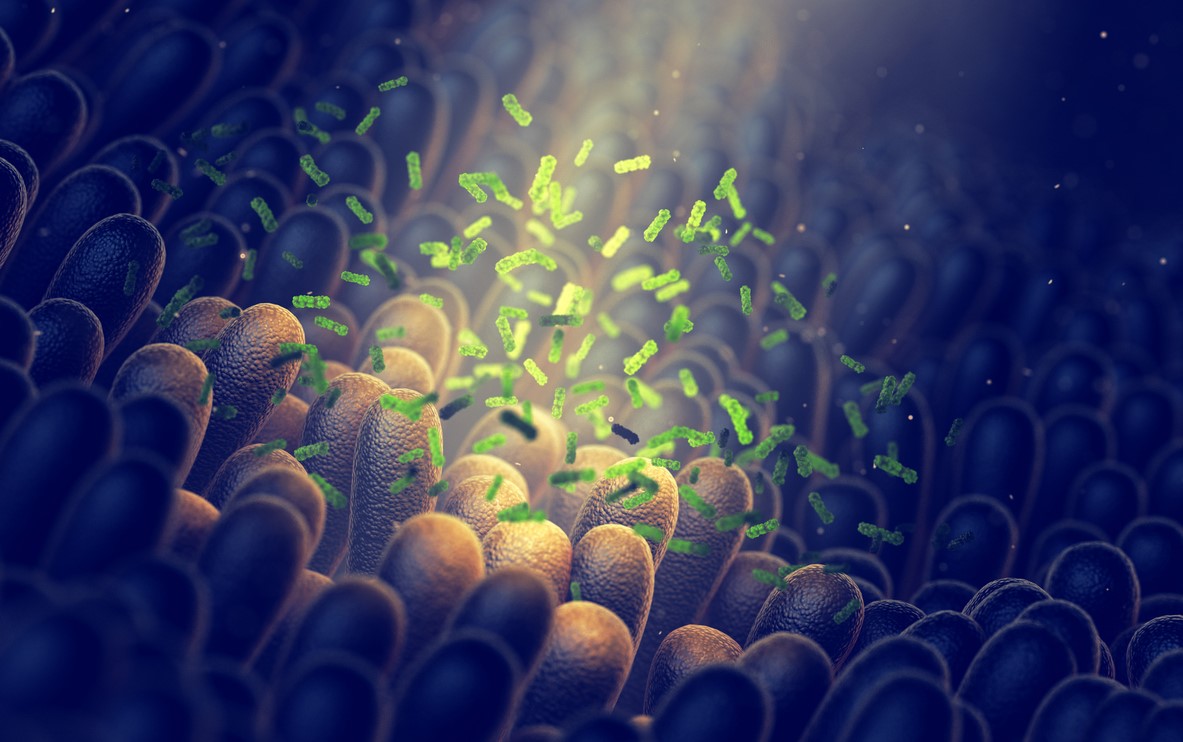2023-08-07
Ferroptosis: A Key Mechanism in Anti-Androgen Treatments for Prostate Cancer
Oncology
A significant proportion of advanced prostate cancers gradually become resistant to the main line of treatment, which involves inhibition of androgen receptors through androgen deprivation and/or administration of anti-androgens. In this study, the researchers showed that enzalutamide reduced glutathione production, increased lipid peroxidation, and induced ferroptosis in tumor cells. Transcriptomic data revealed that the expression of a cystine transporter gene (SLC7A11) could modulate anti-androgen-induced ferroptosis. Changes in the expression of this gene may explain part of the resistance to ferroptosis, and thus the resistance of prostate tumors to androgen receptor inhibition.

Last press reviews
RSV: the virus that overwhelms infants

By Ana Espino | Published on March 3rd, 2026 | 3 min read<br><br>
Microbiome and colorectal cancer: the invisible enemy?

By Ana Espino | Published on March 3rd, 2026 | 3 min read<br><br>
Colorectal cancer: a blood test to identify patients at risk of recurrence

By Elodie Vaz | Published on March 2nd, 2026 | 3 min read<br><br>